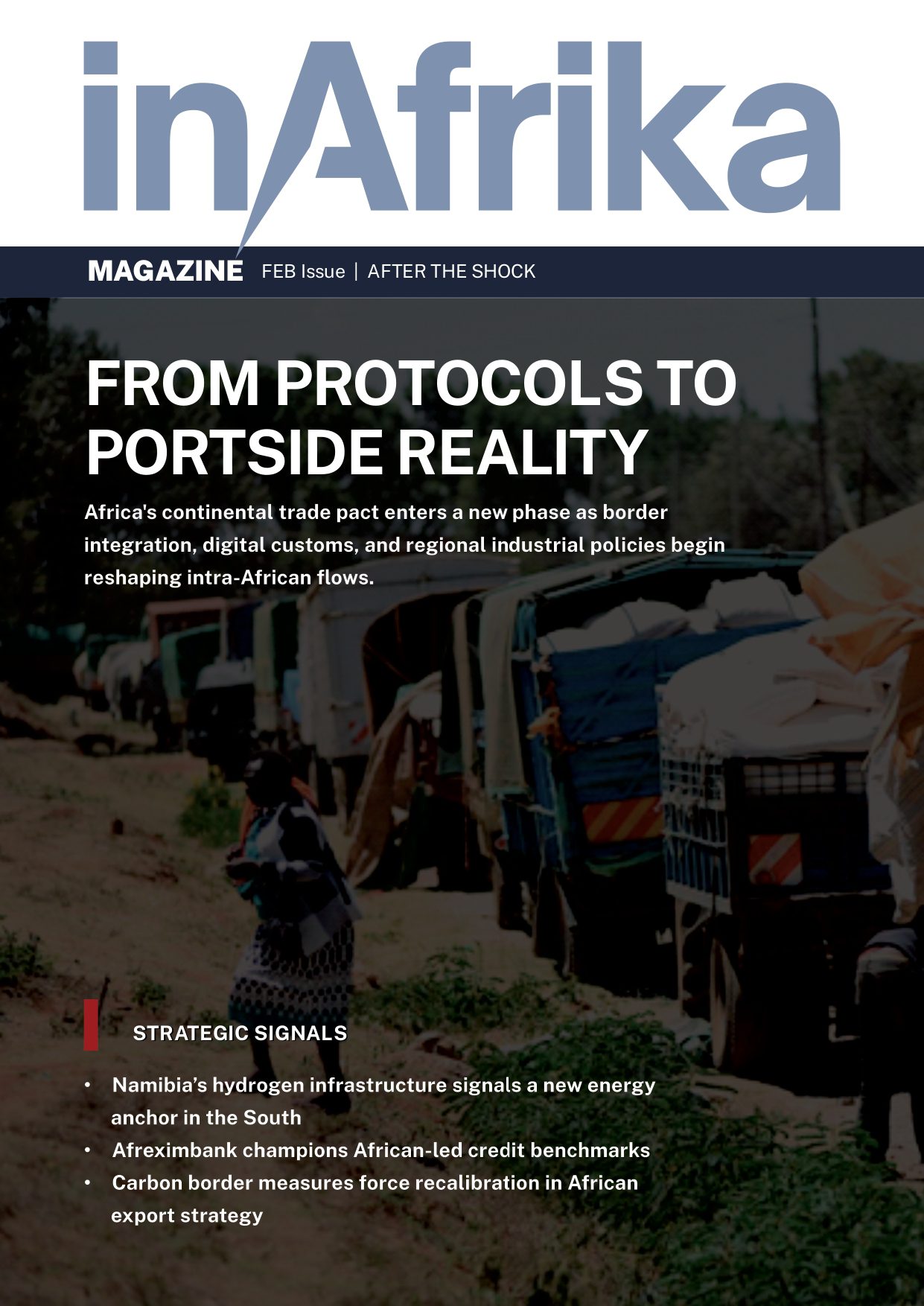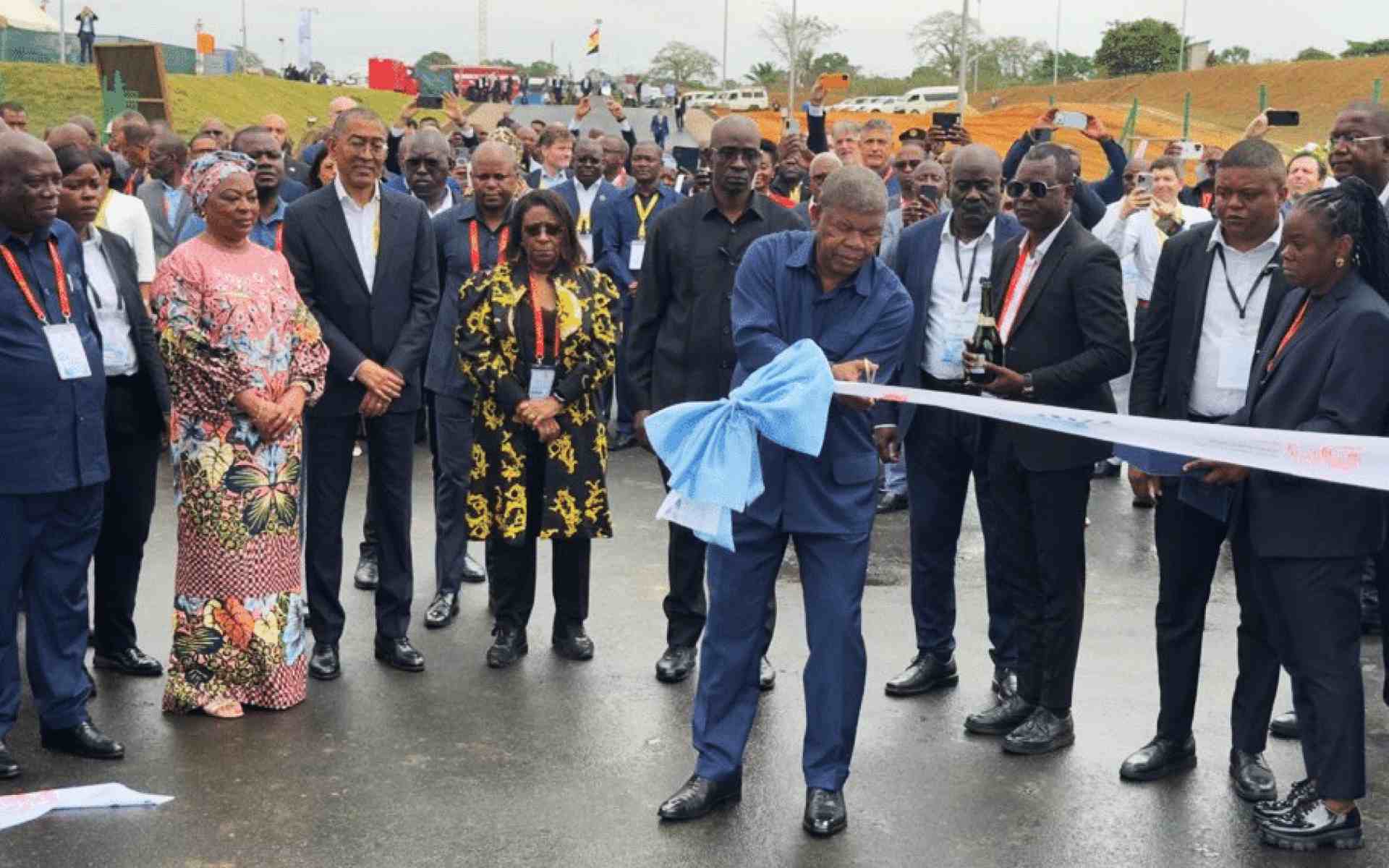
Tuesday 18th November 2025

by inAfrika Newsroom
African governments are stepping up efforts to roll out digital identity and digital public infrastructure, betting that secure IDs and interoperable platforms will underpin future urban services from transport to housing.
In April, Namibia drew global attention when analysts flagged its upcoming national digital ID as one of the most advanced efforts on the continent. The system aims to offer a single, legally grounded identity that citizens can use across public services, finance and private-sector platforms. Observers describe the country as “doing, not just talking,” with architecture and legislation already in place.
At the continental level, the African Union’s Digital Transformation Strategy frames digital ID, digital payments and data-exchange platforms as three pillars of “digital public infrastructure” that can support a single digital market. A recent study by the Carnegie Endowment argues that such stacks, inspired by India and other pioneers, could unlock presence-less, paperless and cashless transactions across borders if designed well.
Meanwhile, the ID4Africa movement has evolved into a central forum for identity authorities. Its 2025 annual meeting in Ethiopia brings together officials from countries such as Tanzania, Benin, Somalia and Malawi to share progress on foundational ID systems and discuss how to run identity agencies as sustainable public utilities.
However, almost 500 million Africans still lack any form of legal identity, according to World Bank data cited in a July 2025 analysis. That absence blocks access to schooling, healthcare, voting and formal employment, and it sharply limits who will be able to use the digital services now being designed for tomorrow’s cities.
Why it matters: As African cities grow, everyday life will depend more on digital credentials. Riders will tap IDs to board buses or trains. Households will log into portals to access water bills, social grants or housing subsidies. If poor and rural residents remain “invisible” in identity systems, smart-city platforms could widen, not close, the urban divide.
Private firms also see opportunity. Device makers, fintechs and software firms are building tools to manage secure IDs and to power city-level platforms for payments, access control and data-sharing. Yet civil-society groups warn that weak oversight could lead to intrusive surveillance or commercial misuse of personal data if guardrails lag behind deployment.
Policy debates now centre on inclusion, trust and interoperability. Advocates push for low-cost enrolment drives in informal settlements, simple recourse mechanisms for disputes and stronger data-protection laws. They also call for regional standards so that IDs issued in one country can support remittances, travel and digital trade across borders.
For city leaders, the challenge is practical. They must connect ID systems with transport cards, property registries and social-housing schemes without locking vendors or citizens into closed ecosystems. They also need to invest in basic connectivity and digital-skills programmes so that residents can actually use new services, not just hold a number in a database.
Next steps include large-scale field tests of new ID platforms, expansion of instant payment rails that work with those IDs, and pilot projects linking digital credentials to specific urban services such as fare collection or utility billing. The choices governments make now will decide whether Africa’s digital cities feel open, fair and affordable—or efficient only for the already included.


